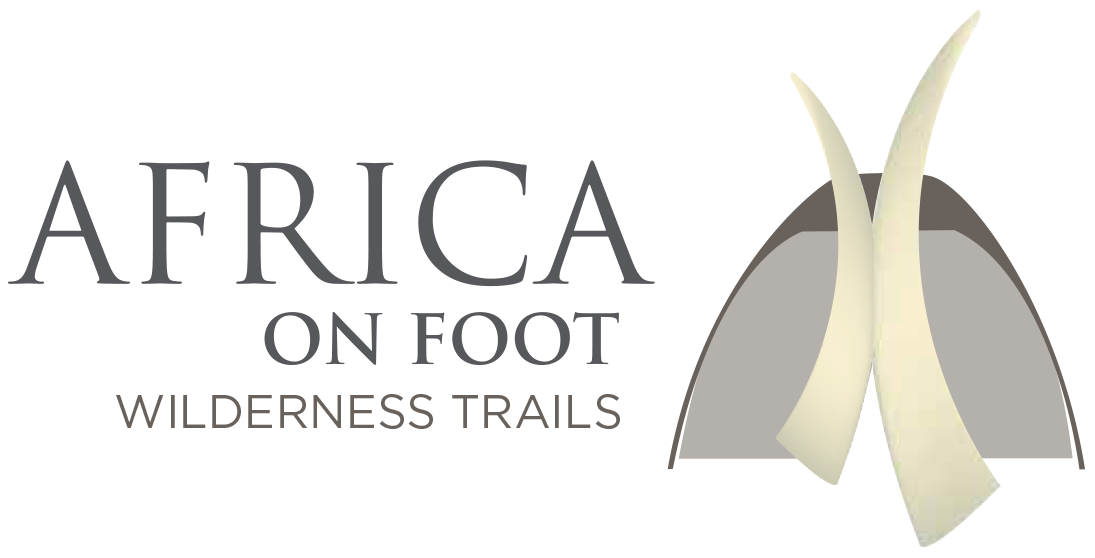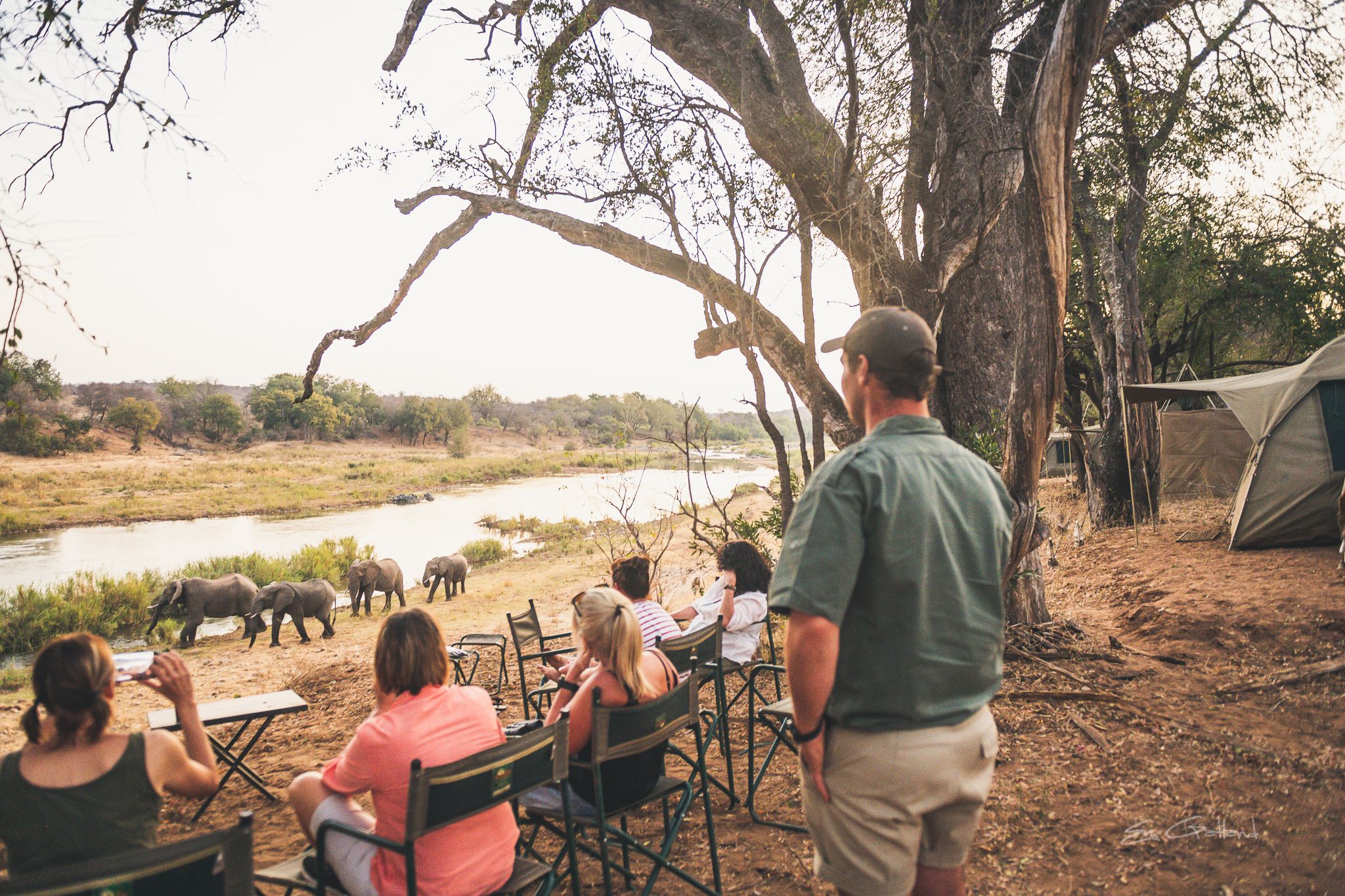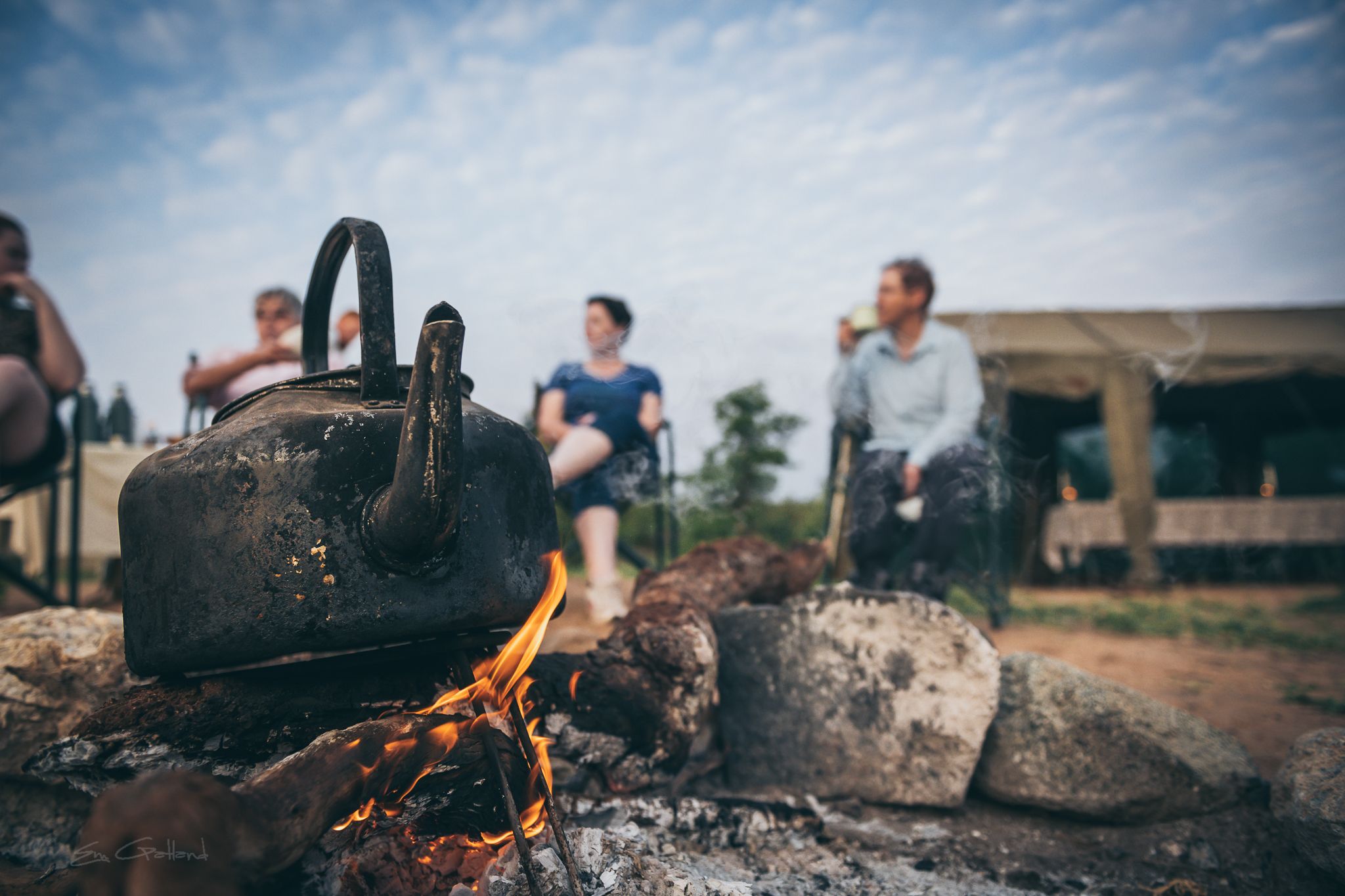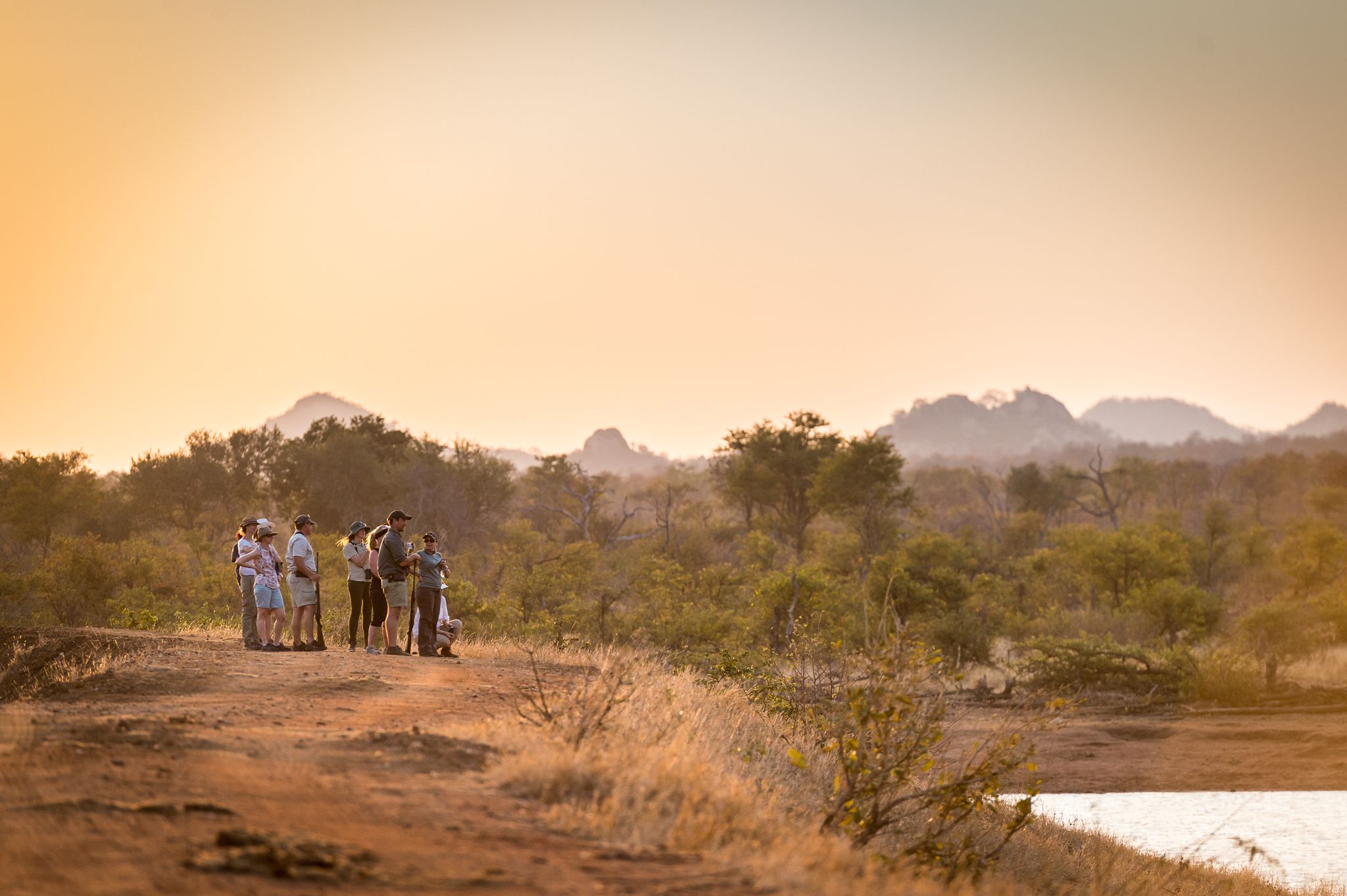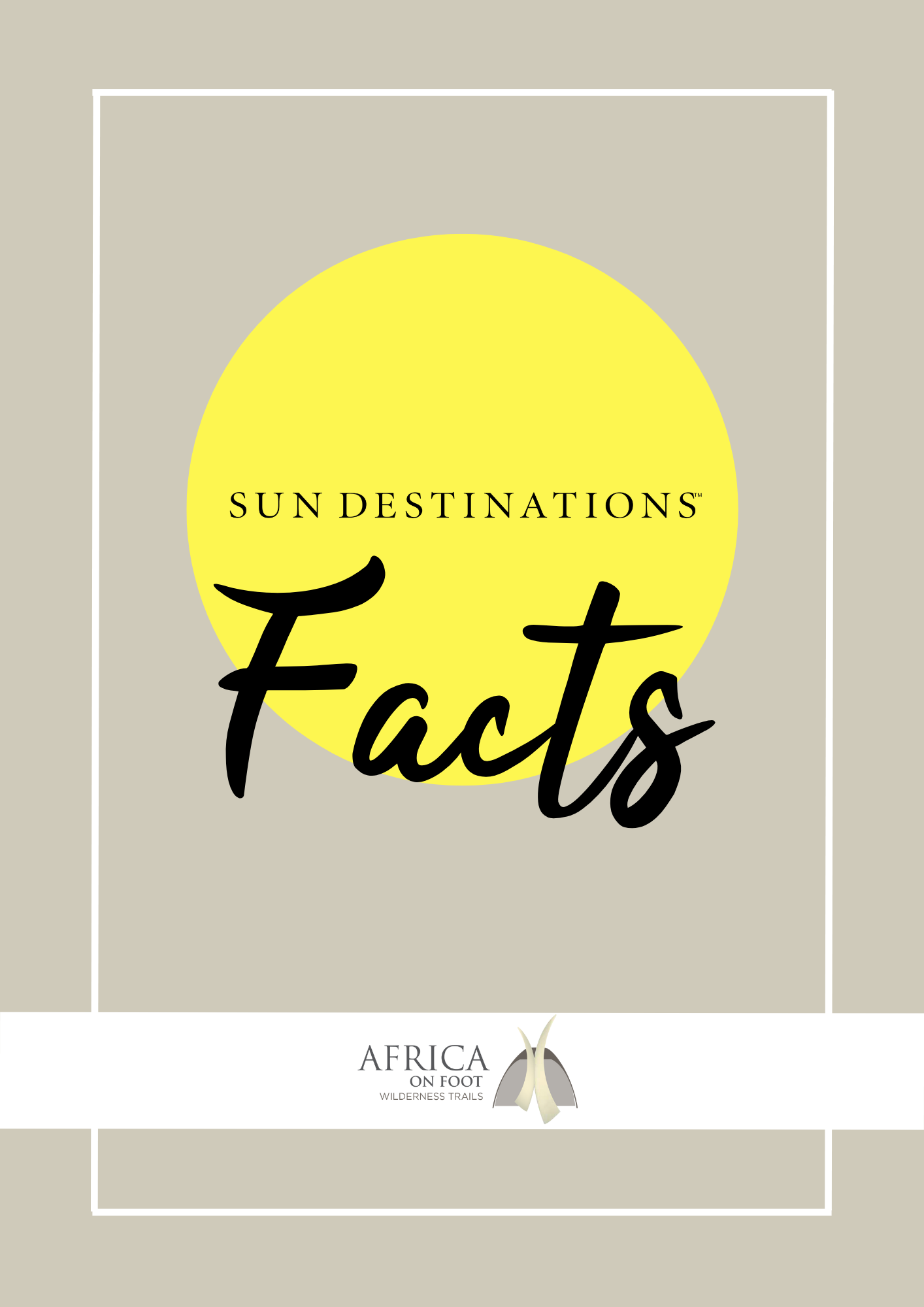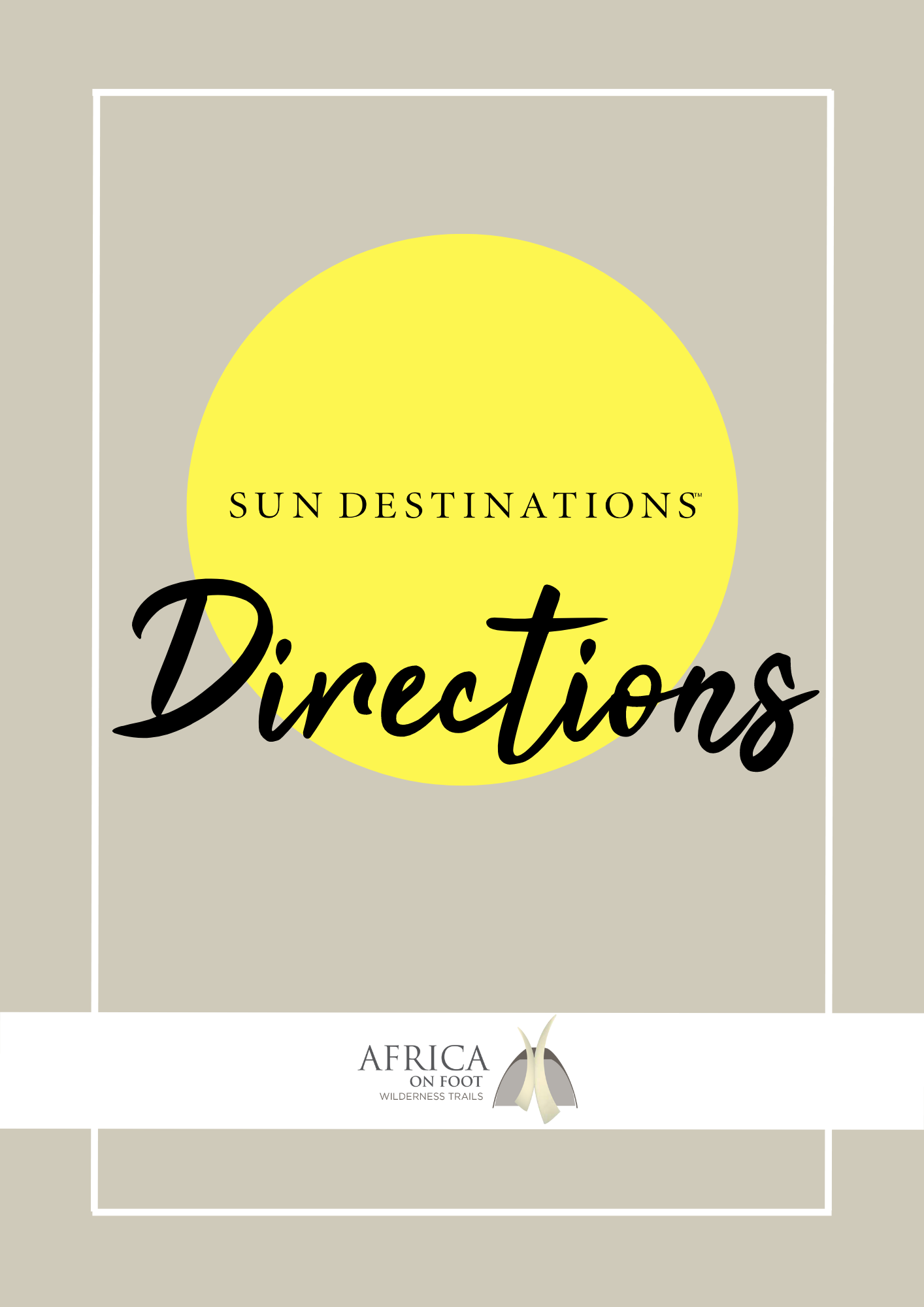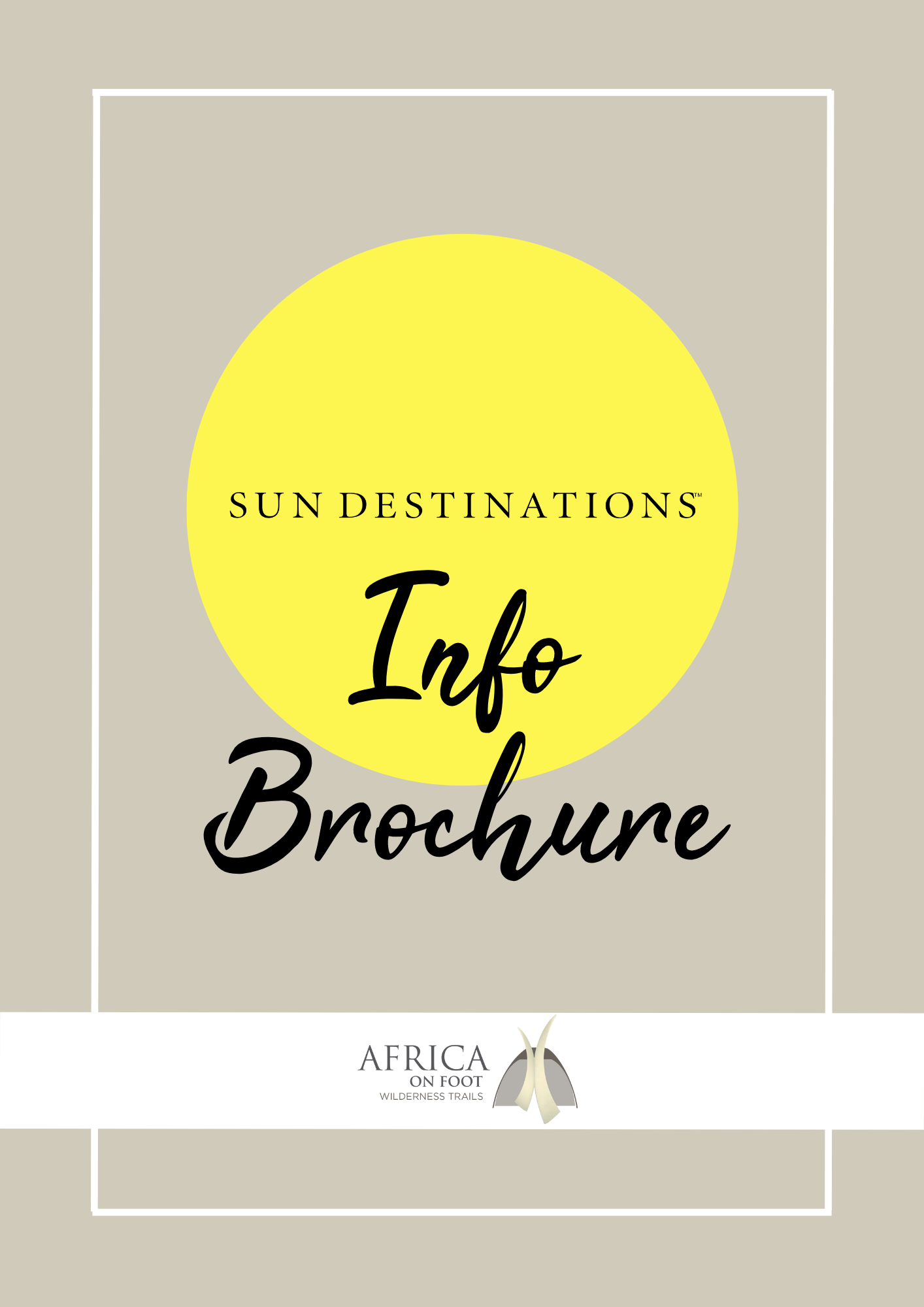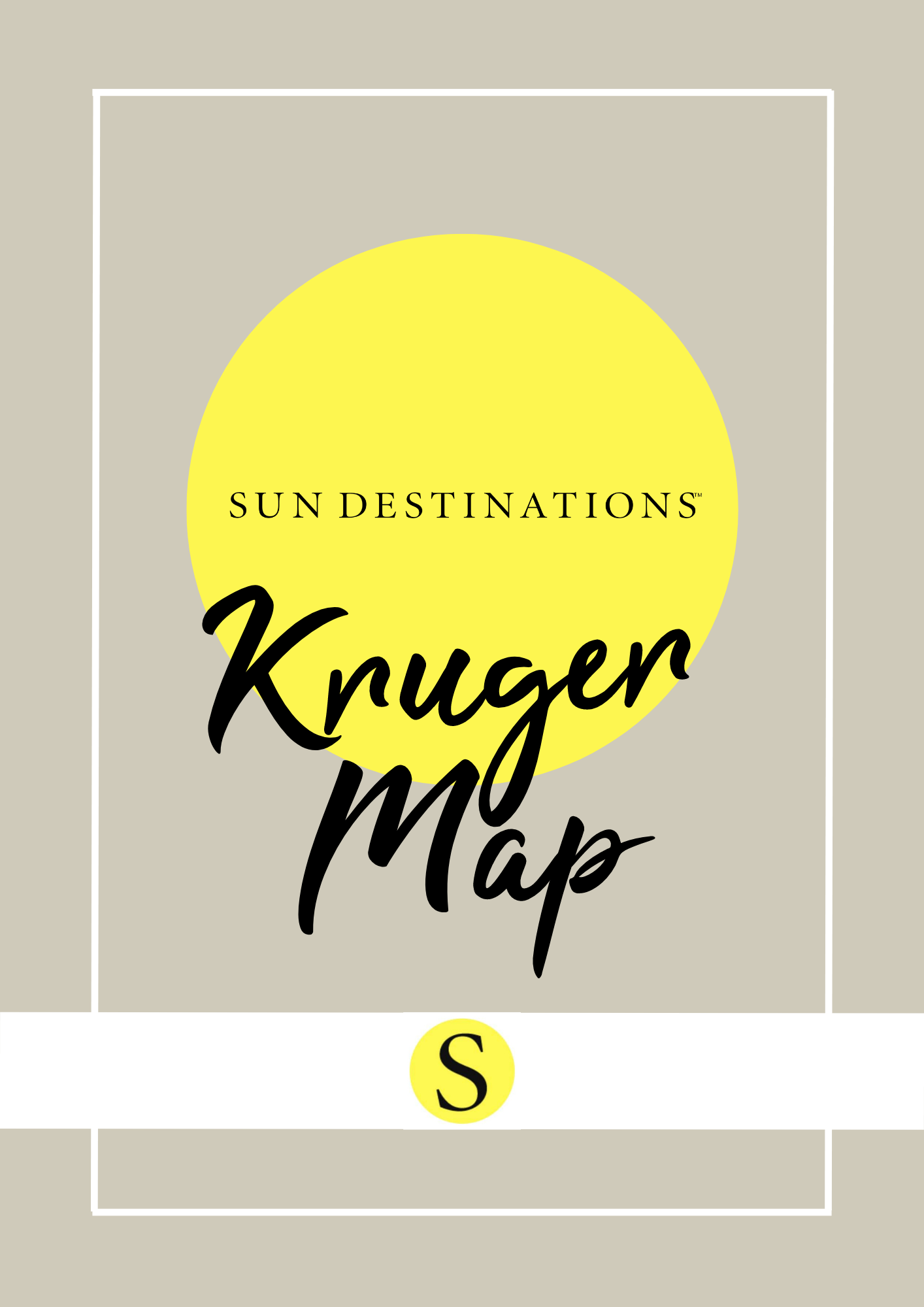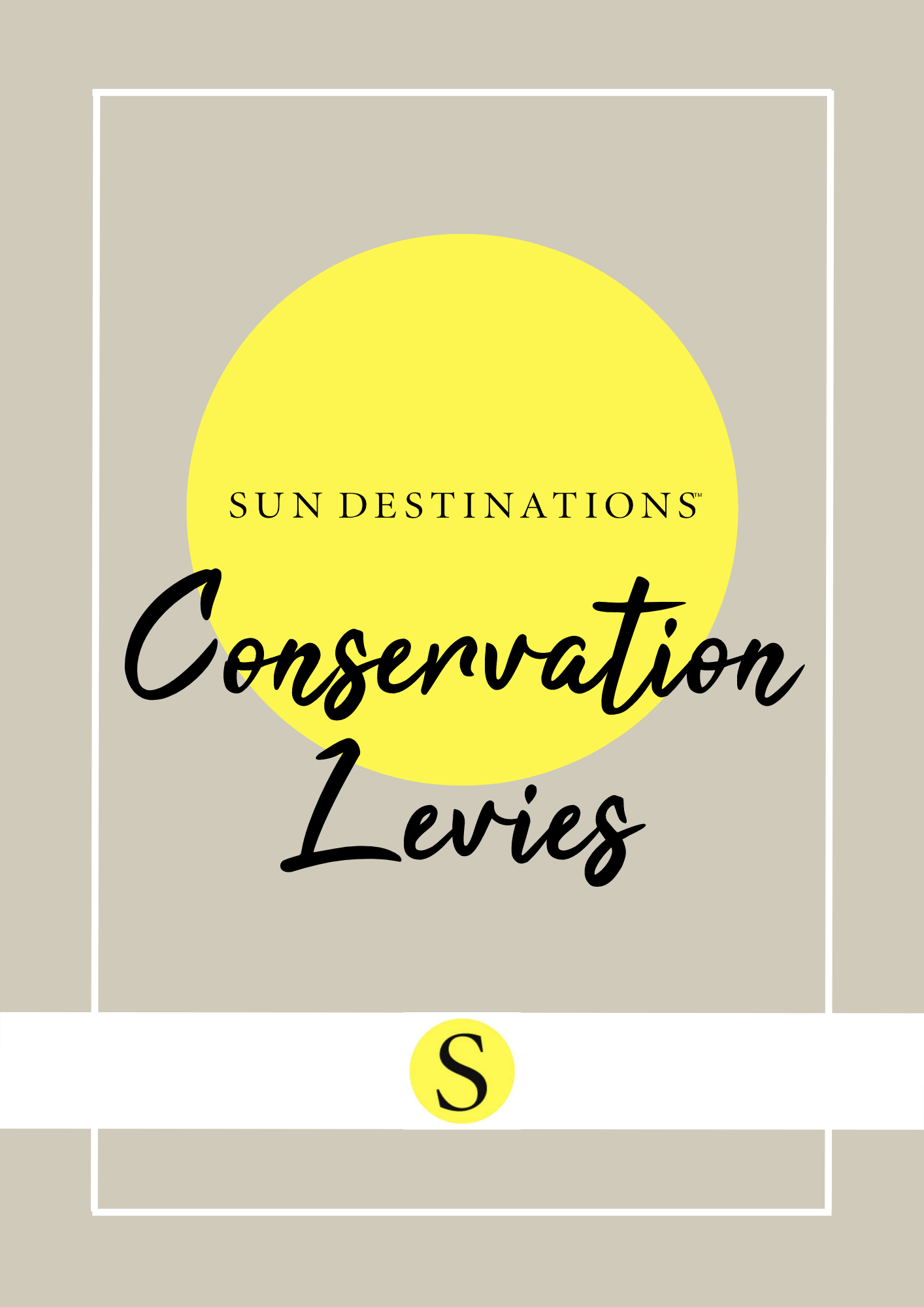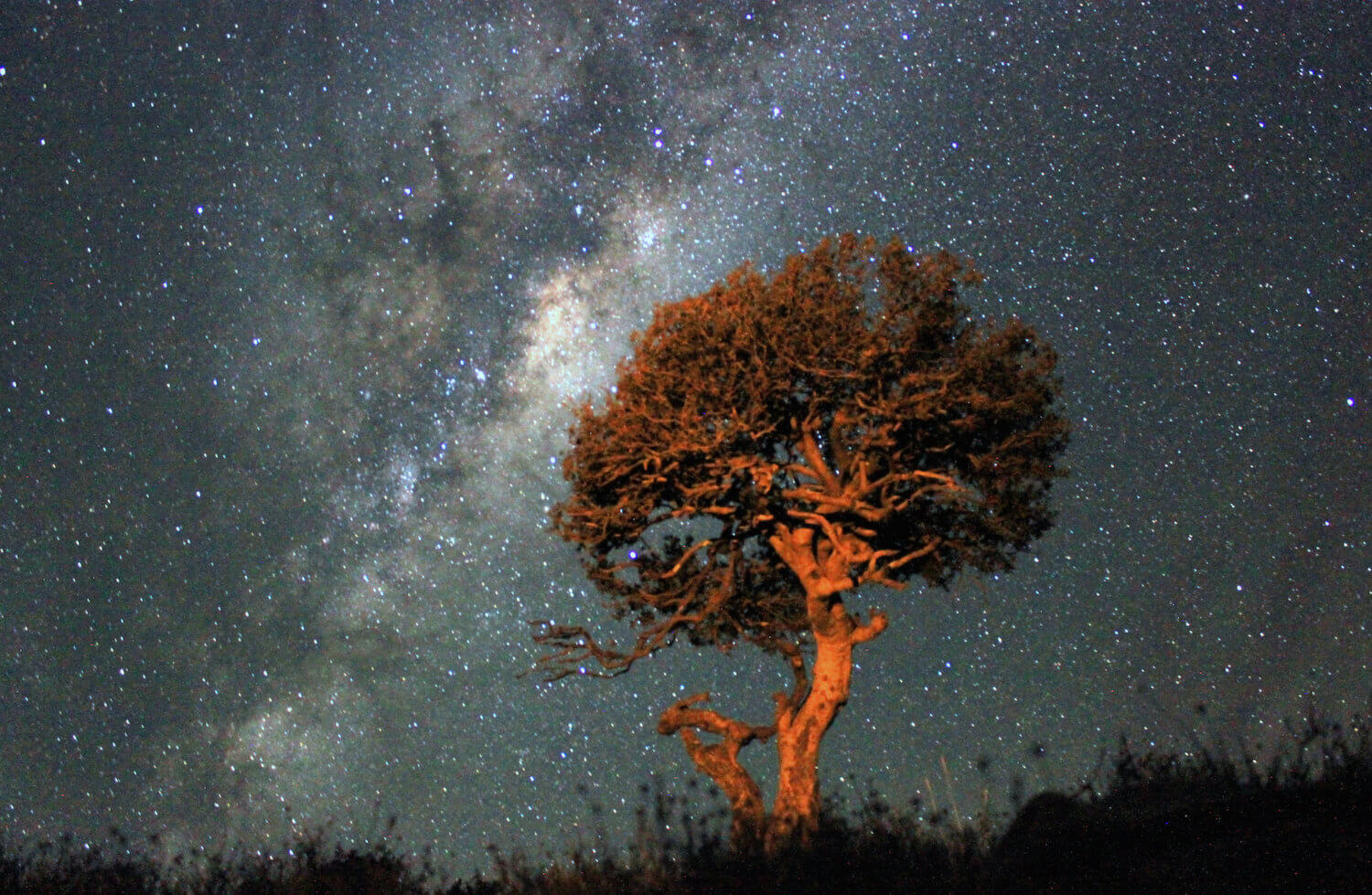ExperienceSafari in Unique Ways
Morning walk: Mornings start with a 3-4 hour walk through the undulating Maseke Reserve, where guests will be rewarded with incredible landscape vistas. Guides will teach walkers about the bushveld and its inhabitants. You will have plenty of breaks and stop for lunch en route.
Afternoon activity: Will be discussed - it will either be another walking expedition, game drive or combination of both. This will be dependent on the weather and group dynamics.
UniqueWildlife Experiences
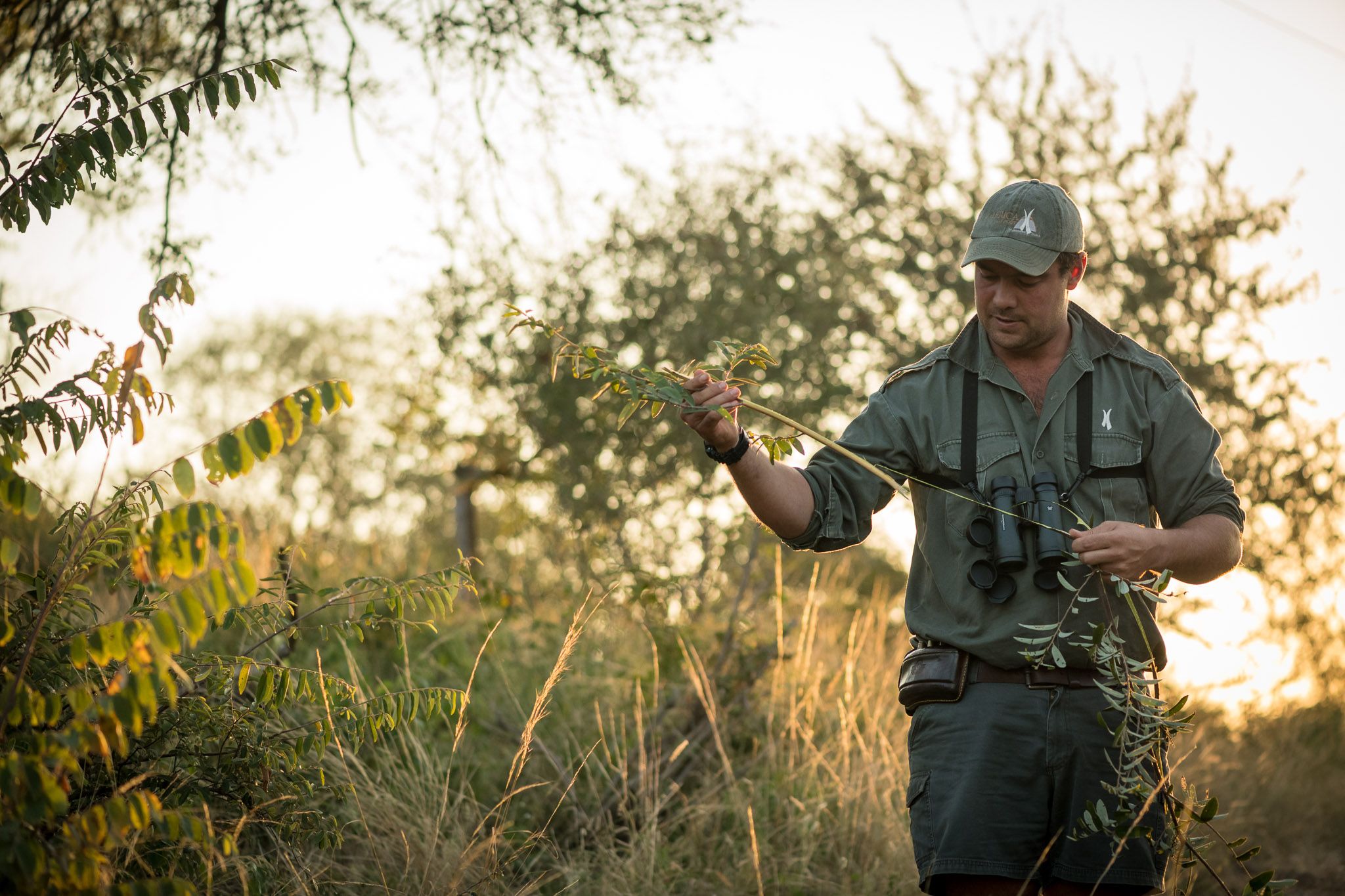
DetailsUseful Info
Maseke Balule Game Reserve is a fantastic year round destination, with each season offering something unique in terms of game viewing. Summer is prime birding season and it’s also the time of year when you’ll spot newborn wildlife.
Maseke Balule Game Reserve is a summer rainfall region. Most of the rains occur during mid-summer (November – February). The rainfall generally occurs in the form of thunderstorms where a downpour is experienced, and very seldom lasts longer than a few hours.
During the winter season the bushveld thins out and water becomes scarce. Wildlife will flock to available water sources such as waterholes and pans in front of lodges. Animals become easier to see because the summer lushness of the bush has thinned out. During the summer, wildlife gains plenty of moisture from the surrounding greenery.
Whatever the season, you’ll always have a high chance of seeing wildlife.
Essentials for a Kruger walking trail safari start with shoes and sun protection. A good pair of walking shoes, preferably ones that cover the ankle, are essential, as are sun hats and lightweight outdoor wear. Long trousers and shirts are ideal, while short sleeves are also suitable.
A rucksack or slack pack should be used to carry water, sun block, and any personal items one might need, while the guide will carry food, as well as a medical aid pack in case of injury. Pack a torch, or any other camping accessories you might deem handy or necessary for the trip.
Bring along cameras, binoculars and recording gadgets to keep a record of the many wildlife sightings. There are many bird and wildlife books on offer at the lodge, making for interesting reading, but guests should specifically bring books and games for entertainment.
The idea behind this eco-trail experience is for guests to discover details of the Kruger Park on a far more intimate level, and to learn from the experts as you tread carefully among the wildlife. The environment is completely cared for through the eco-friendly and low impact nature of the campsites.
This is a mobile safari camp; meaning nothing in the camp structure is permanent. It is designed to be set up and broken down with ease and having as little impact on the environment as possible. The dome tents are pitched on the ground and a temporary fire pit is dug on arrival, and covered up prior to departure.
What You'll SeeWildlife
Following in the footsteps of the herbivorous mammals are the carnivorous species of the South African bush. There are predators in close quarters to the campsites, making it possible to spot them at any given opportunity.
Lion, leopard, hyena, cheetah, African wild dog, and the Nile crocodile are some of the prominent predators residing in the Kruger. Smaller predators include jackal, mongoose, civet, and genet, honey badger, among others. At the campsite along the riverfront, the Nile crocodile is commonly spotted.
The Maseke Balule Game Reserve comprises elephant, giraffe, hippo, buffalo, and rhino. In particular, there is an abundance of elephants on the reserve, often spotted while out walking. Giraffes are also regularly seen and there’s a resident hippo that dominates the waterhole flanking one of the campsites.
Guided walks lead to unforgettable sightings of these large species, in addition to general game, such as zebra, impala, kudu, gnu, waterbuck, bushbuck, duiker, and steenbok.
The Kruger habitat accommodates a complete smorgasbord of birder’s delights. Water birds such as herons, storks, plovers, spoonbills, and sandpipers are common along dam edges; kingfishers, orioles, robins, chats, larks, cisticolas, and coucals are some of the veld and woodland birds around; while birds of prey are seen and heard throughout the day.
The African fish-eagle soars above the river close to one of the campsites, and there’s also a possibility of spotting the rare Pel’s fishing-owl. There’s abundant opportunity to spot passerines and woodland specials while traversing the Maseke on foot.
Downloads
Find helpful information about rates, when to travel, wildlife you can expect to see and details about the accommodation.
